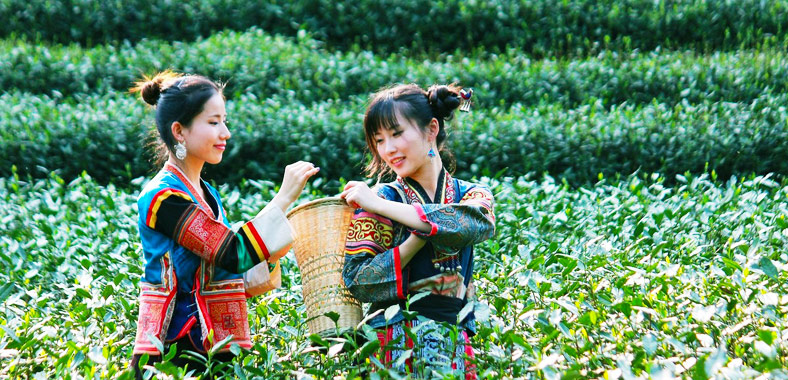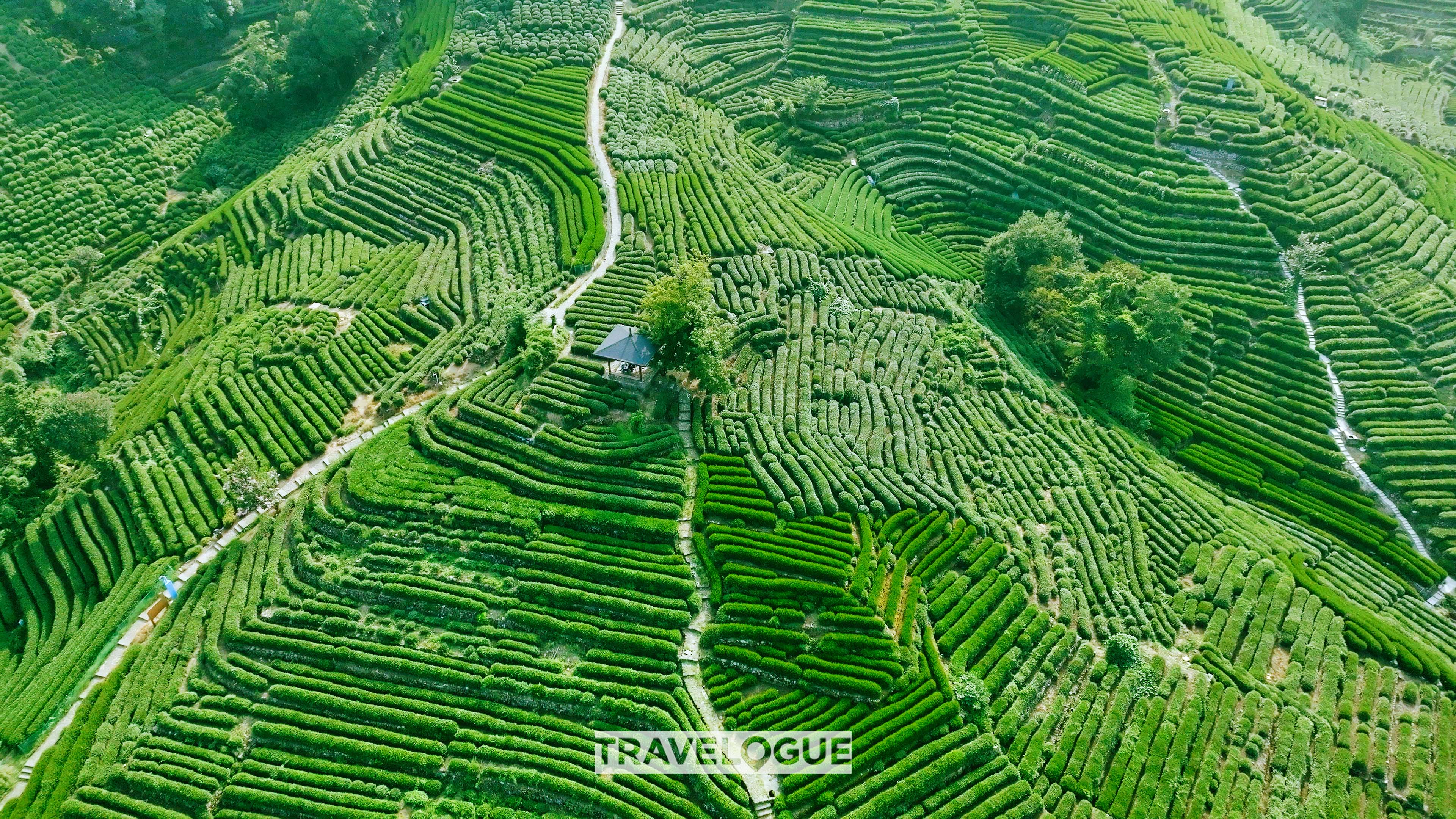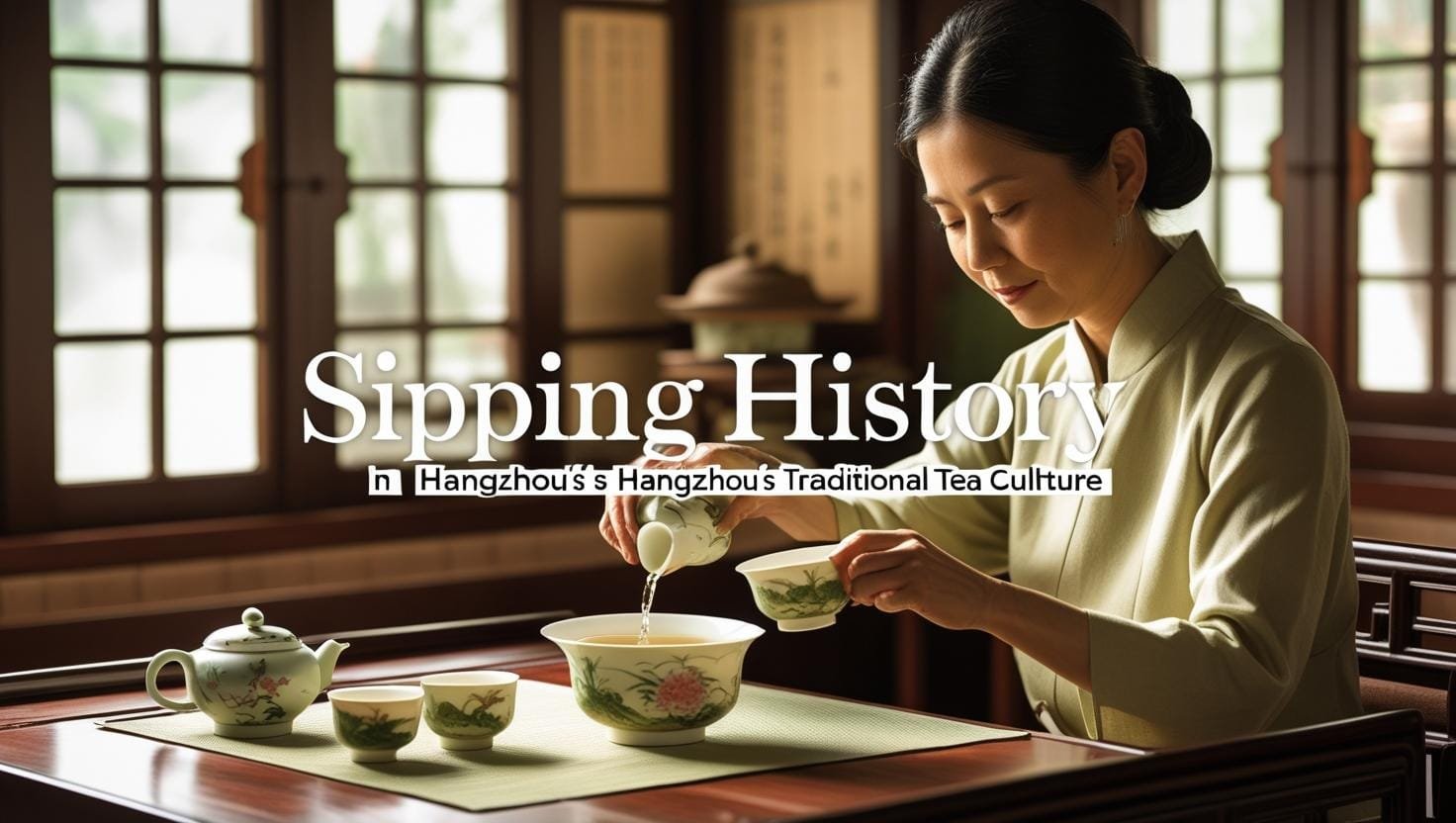Sipping History in Hangzhou’s Traditional Tea Culture
Welcome, fellow travelers and culture enthusiasts! Here at jusha.travel, we love sharing tips to make your China journey unforgettable, and today, we’re taking a deep dive into one of China’s most enchanting cities: Hangzhou. Known for its breathtaking West Lake, serene temples, and vibrant arts scene, Hangzhou also boasts a rich and ancient tradition that captivates locals and visitors alike – its legendary tea culture.
If you’re seeking authentic Hangzhou cultural experiences, delving into the world of tea is an absolute must. From the rolling green hills of its tea plantations to the meticulous artistry of a traditional tea ceremony, Hangzhou offers a unique window into China’s soul. This blog post will serve as your ultimate Hangzhou travel guide, exploring the essence of Hangzhou Tea Culture, offering insights into China tea traditions, and highlighting the best cultural attractions Hangzhou has to offer for those embarking on China cultural tours.
Join us as we embark on a sensory journey, sipping history one cup at a time.

The Ancient Roots of Hangzhou’s Tea Culture
Hangzhou’s tea culture isn’t just a pastime; it’s a living relic, with roots stretching back over 1,200 to 1,500 years. Its major development flourished significantly during the Tang Dynasty (618–907 AD), solidifying tea’s place in Chinese society. Initially, tea was revered primarily for its medicinal properties, often utilized by Buddhist monks to maintain alertness during long meditation sessions. This practice, as highlighted by Paper & Tea, played a crucial role in tea’s dissemination from the southern regions of China northward to bustling urban centers.
As its popularity soared, tea transcended its medicinal origins, evolving into a cornerstone of cultural rituals, social customs, and artistic expressions. It became an essential element of daily life and a symbol of sophisticated leisure.
At the heart of this enduring tradition lies **Dragon Well Tea (Longjing)**. This celebrated variety, as detailed by the Hangzhou Municipal Bureau of Culture, Radio, TV and Tourism, epitomizes the city’s deep-rooted tea heritage. Its cultivation and meticulous brewing techniques have been refined over centuries, shaping a cornerstone of local identity and cementing Hangzhou’s reputation as a true cradle of Chinese tea culture.

The Rise and Significance of Dragon Well (Longjing) Tea
Longjing tea isn’t just Hangzhou’s most famous tea; it’s a global icon. Renowned for its *delicate sweetness, a subtle woodsy aroma, and distinctive flattened, emerald-green leaf appearance*, Longjing is celebrated worldwide. Its stellar reputation truly cemented during the Qing Dynasty, thanks to a legendary visit by the Qianlong Emperor to Longjing’s tea gardens. So captivated was he by its exquisite taste and quality that he designated 18 tea bushes as imperial, bestowing upon them a national treasure status that they retain to this day.
- Hand-Harvested Perfection: What makes Longjing truly special is its adherence to traditional methods. It is still meticulously hand-harvested and pan-fired using time-honored techniques, preserving its unique character and flavor.
- A Feast for the Senses: Longjing is not only praised for its captivating flavor but also for its visual beauty. When steeped, the leaves “bloom” and gracefully dance in the water, creating a mesmerizing spectacle.
- Culinary Harmony: The influence of Longjing extends beyond the teacup. It is deeply interwoven with Hangzhou cuisine, notably featured in dishes like *Stir-Fried Shrimp with Dragon Well Tea*. This culinary masterpiece perfectly showcases how tea can elevate local gastronomy, making it a signature dish of the region.
Exploring the origins and craftsmanship of Longjing tea offers a fascinating glimpse into the precision and dedication that define China tea traditions.

Tea and Society: From Imperial Palaces to Everyday Life
In Hangzhou, tea’s influence spans the gamut from the grandeur of imperial courts and intellectual poetry circles to the quiet moments of daily life. During the Song Dynasty, tea drinking and appreciation became highly regarded elite pursuits. Emperors and scholars frequently engaged in elaborate “tea wars” (doucha) – sophisticated tea competitions focused on the art of preparation and tasting. These events were akin to modern wine tastings in their prestige and served as significant social games, showcasing the participants’ refinement and knowledge.
Mastery of tea preparation was considered a mark of *manly refinement* and *scholarly accomplishment*. Those who could meticulously prepare and expertly discern tea were highly respected, elevating their status within elite circles. These intricate rituals not only standardized tea ware and brewing methods but also inspired profound poetry and art. Renowned poet Su Shi, whose works deeply influenced Hangzhou’s culture, played a significant role in this artistic movement, further intertwining tea with the city’s identity.
For visitors on China cultural tours, understanding this historical context provides a deeper appreciation for the role of tea in Hangzhou cultural experiences.
Rituals, Customs, and the Art of Serving Tea
The tea ceremonies in Hangzhou are a testament to the pursuit of aesthetic perfection, the unwavering commitment to tea quality, and the meticulous precision of the brewing process. Each element is carefully considered to create a truly immersive and mindful experience. Traditional customs place immense importance on:
- Choosing the Right Tea Ware: The selection of pots, cups, and various utensils is paramount. There’s a strong preference for exquisite ceramics and delicate porcelain crafted by skilled local artisans, each piece chosen to enhance the tea-drinking experience.
- Mastery of Technique: The brewing process is an art form in itself. Water temperature, the agitation of the tea leaves, and the infusion timing are all meticulously controlled to extract the perfect flavor and aroma. For an extensive look GEM at tea brewing, consider Iteaworld’s guide to unlocking the secrets of tea.
- Appreciating the Experience: Beyond taste, the ceremony encourages a holistic appreciation. Attention is given to the aroma, the rich color of the brew, and of course, the exquisite taste. But also, the visual beauty of the leaves “blooming” or unfurling in the water is a moment to savor, adding to the meditative quality of the experience.
These rituals cultivate both mindfulness and hospitality, central values woven into Hangzhou’s social fabric. Whether in private homes or public tea houses throughout the city, these traditions are meticulously maintained, offering visitors a timeless glimpse into authentic Hangzhou cultural experiences.

Tea in Hangzhou Cuisine and Daily Life
Tea isn’t confined to a cup in Hangzhou; it’s an intrinsic component of the city’s culinary landscape. A prime example is the celebrated *Stir-Fried Shrimp with Dragon Well Tea*, a dish that perfectly illustrates how tea transcends beverage status to become a flavorful ingredient. Hangzhou’s cuisine frequently incorporates tea not just for its aroma but for its subtle, enriching flavors, showcasing its versatility in both everyday meals and grand feasts.
For Hangzhou residents, drinking tea is a daily ritual, often enjoyed throughout the day. Locals frequently converge in traditional tea houses, tranquil gardens, or cozy family settings to socialize and unwind. These spaces are more than just places to drink tea; they serve as vital community hubs where stories are exchanged, traditions are upheld, and the vibrant local culture is continuously perpetuated. This daily integration of tea underscores its profound importance in Hangzhou Tea Culture.
The Contemporary Scene: Tea Tourism and Modern Revival
Today, Hangzhou’s tea culture is not only a thriving local tradition but also a significant draw for discerning tourists seeking authentic cultural attractions Hangzhou is famous for. Visitors flock to historic tea gardens, particularly the renowned Longjing tea plantations nestled near the picturesque West Lake, where centuries-old tea bushes continue to flourish. These plantations offer immersive experiences, allowing visitors to engage directly with the tea-making process—from picking fresh leaves to the methodical pan-firing, and delving into the region’s legendary tea lore.
Modern tea houses in Hangzhou beautifully blend traditional aesthetics with contemporary comfort, serving as vibrant centers for intercultural exchange. They stand as a testament to the ongoing appreciation and subtle evolution of China’s oldest tea traditions, making them a must-visit for anyone interested in China cultural tours.
Each aspect of Hangzhou’s tea culture—its long historical roots, the legendary teas it produces, its refined rituals, its profound social significance, its seamless integration into cuisine, and its vibrant ongoing vitality—reveals a rich tapestry of heritage, artistry, and communal identity. This captivating blend continues to enchant both locals and visitors, solidifying Hangzhou’s place as a premier destination for those seeking to understand the heart of Chinese tea culture.
Conclusion
From the tranquility of its ancient tea fields to the refined movements of a traditional ceremony, Hangzhou’s tea culture offers a timeless and deeply immersive experience. It’s more than just a drink; it’s a window into centuries of Chinese history, philosophy, and daily life.
We hope this Hangzhou travel guide has inspired you to explore the captivating world of Hangzhou Tea Culture. Whether you’re a seasoned tea connoisseur or a curious traveler, the opportunity to sip history in this remarkable city is an Hangzhou cultural experience you won’t soon forget. Here at jusha.travel, we believe that understanding these intricate China tea traditions is key to a truly enriching journey.
Have you had a memorable tea experience in China? Share your thoughts and stories in the comments below! For more China travel inspiration, tips, and guides, be sure to visit jusha.travel and explore our other articles.

